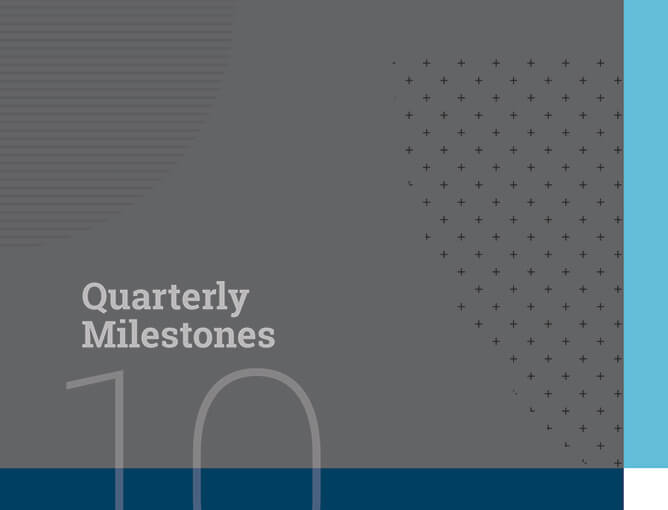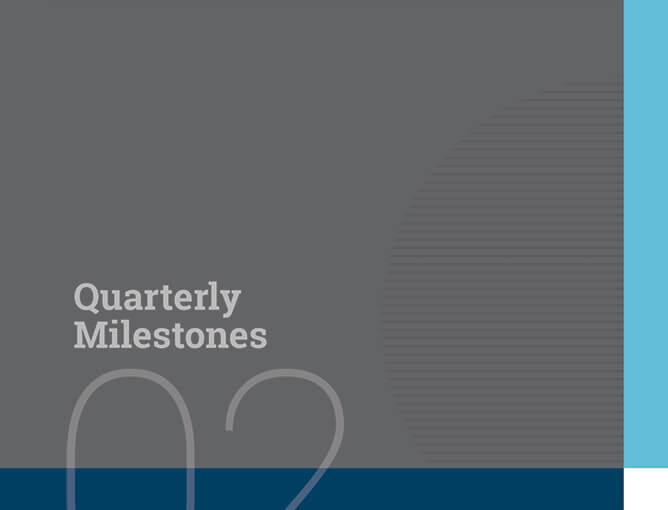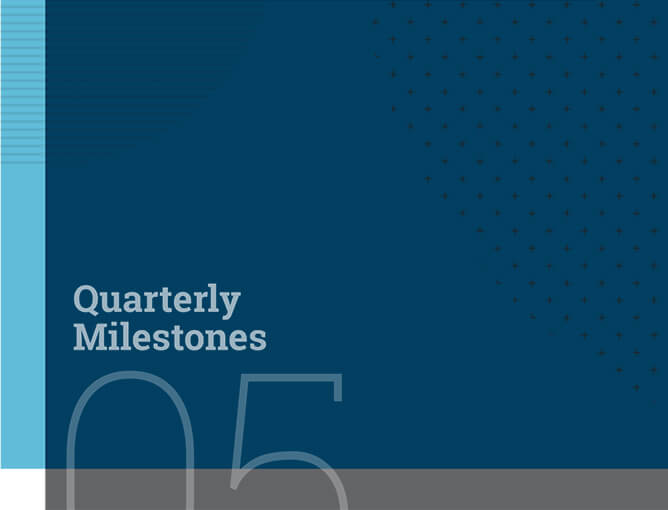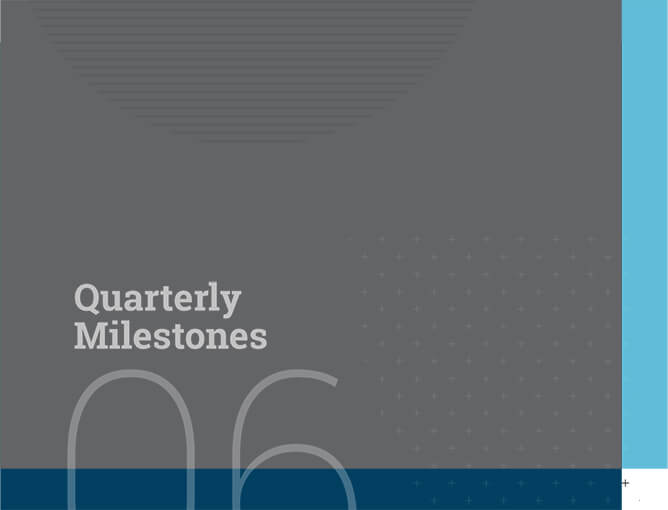
Himanshu SinhaPartner

Shashank ShekharCounsel

Samyak JainAssociate
In the last quarter, the Supreme Court rendered a crucial judgement settling the long standing and highly contentious issue of whether the State is obligated to provide the Harmonised System of Nomenclature (HSN) Code or applicable Goods and Services Tax (GST) rate in tender documents. On the regulatory front, instructions were issued to GST officers with respect to issuing summons, initiating prosecutions and conducting arrests. The date of enforcement of the amendments made to the Central Goods and Services Tax Act, 2017 (CGST Act) through the Finance Act, 2022 was also notified.
Key Developments
-
Supreme Court holds that the State is not under public duty to indicate HSN code and applicable GST rate in the tender floated by it as a purchaser
The Supreme Court, in Union of India & Others v Bharat Forge Ltd. & Another, has held that the State is not under a public duty to provide the correct HSN Code or applicable rate of GST for the goods intended to be procured by it under a tender.
The respondent had submitted a bid in response to the global tender floated by the Diesel Locomotive Work (DLW) for procurement of turbo wheel impeller balance assembly. In its bid, the respondent had quoted the applicable rate of GST payable as 18% while other bidders, including the lowest bidder, had quoted it as 5% making the bid by the Respondent less competitive. Aggrieved by the same, the respondent approached the Allahabad High Court seeking a writ of mandamus directing DLW to indicate the HSN Code and applicable rate of GST in its tender to ensure a level playing field for all bidders. The High Court allowed the petition and held that DLW is required to mention the correct HSN Code of the relevant goods in its tender document.
The government as well as DLW preferred an appeal before the Supreme Court against this decision. The Supreme Court held that a writ petition against the terms of a tender document or the contract awarded in furtherance of the same should not be entertained unless such actions are found to be clearly arbitrary, illegal, malafide or contrary to any statute.
On the issue of whether the State or its instrumentalities are obligated to mention the correct HSN Code and applicable rate of GST in any tender floated by it, the Supreme Court held that there is no public duty on the State to do so as the scheme of the CGST Act requires the supplier of goods and services to ascertain and pay the applicable GST on the supplies made by it. Further, in order to protect the interest of the public exchequer, the Supreme Court has directed the State to:
- indicate in its tender documents that the bidders shall provide the details of their jurisdictional tax officers, and
- forward a copy of the document by which the contract is awarded, containing all material details, to the concerned jurisdictional officer once the tender is awarded to a particular bidder.
This decision has made it clear that the obligation to ascertain the applicable tax rate for goods supplied under a contract awarded by the State is that of the suppliers and there is no obligation on the State to ascertain or mention the applicable HSN Code or GST Rate in its tender documents. Taxpayers would have to devise their strategy accordingly while placing a bid in response to a tender floated by the State or any of its instrumentalities.
-
Instructions issued by the Investigation Wing of the GST Department to its Officers
The Investigation Wing (IW) of the GST Department has issued the following instructions to GST Departmental Officers on issuing summons, initiating prosecution and conducting arrests.
-
Issuance of summons under Section 70 of the CGST Act
GST officers have to be judicious while issuing summons to taxpayers and should avoid issuing summons for documents which are digitally available. Senior management of a company should not be summoned without a clear indication in the summon of their involvement in the decision-making process that led to the loss caused to the exchequer.
-
Launch of prosecution under Section 132 of the CGST Act
Prosecution under the CGST Act should not be initiated in technical or interpretational cases. It has been clarified that the evidence collected should be adequate to establish beyond reasonable doubt that the person had a guilty mind, knowledge of the offence or fraudulent intention or possessed mens rea for committing the offence before launch of prosecution proceedings.
It has further been clarified that prosecution should normally be initiated where (a) the quantum of tax evaded; or (b) the Input Tax Credit (ITC) misused; or (c) the refund that is fraudulently obtained, is more than INR 5 crore. However, this threshold shall not apply in case of habitual offenders and/or arrest.
-
Arrest and bail under Section 69 of the CGST Act
The power to arrest should be exercised carefully and not in a routine and mechanical manner. The instructions also provide that even if all the conditions of arrest prescribed under Section 132 of the CGST Act are satisfied, it will not ipso facto mean that an arrest must be made and the same should only be done to ensure proper investigation and/or prevent the possibility of tampering of evidence or intimidating or influencing of witnesses.
(To read our detailed update on these instructions, click here.)
-
-
Clarification on liquidated damages and allied concepts
On 3 August 2022, the Central Board of Excise and Customs (Board) issued a circular clarifying the issue of taxability of liquidated damages under GST law. The circular states that the amount paid as liquidated damages is not taxable when it is only to compensate the aggrieved party for injury, loss or damage suffered due to breach of contract. Further, in cases where there is no agreement by the aggrieved party to refrain from or tolerate an act or to do anything for the party paying the liquidated damages, the liquidated damages are merely a flow of money from the party who causes breach of the contract to the party who suffers loss or damage. Such payments do not constitute consideration for a supply and are therefore not taxable.
The Board also clarified issues such as applicability of GST on compensation for cancellation of coal blocks, cheque dishonour fine/penalty, penalty imposed for violation of laws, notice pay, etc.
(To read our detailed update on the circular, click here.)
-
Amendments to the CGST Act notified
The central government has notified 1 October 2022 as the effective date for the various amendments made to the CGST Act through the Finance Act, 2022. Some notable changes are:
-
Auto-generated statement for availing ITC replaces the matching/reconciliation process
From 1 October 2022, only the supplier will be required to file the details of outward supply while the requirement of furnishing details of inward supplies by the recipient has been done away with. An auto-generated statement will be provided to the recipient which will consist of: (i) ITC that may be available to the recipient and (ii) ITC not available to the recipient.
-
Additional restriction on availing of ITC
If the auto-generated statement specifies that the ITC on goods and services is restricted, then the recipient cannot avail such ITC.
-
Concept of provisional claim of ITC removed
The process of claiming of ITC on a provisional basis by the recipient has been done away with. Previously, the recipient could provisionally claim ITC until matching/reconciliation of the details of outward supply and inward supply were furnished by the supplier and the recipient, respectively. Going forward, availment of ITC will depend on details furnished by suppliers which dilutes the original return filing and matching process.
-
Extension of timelines
New time limit for (i) availing ITC against invoice and debit notes, (ii) issuing credit notes, (iii) rectifying an error in outward supply/GSTR 3B return, etc., will be up to 30 November of the subsequent financial year or filing of the annual return, whichever is earlier.
(To read our detailed update on the amendments to the CGST Act, click here.)
-
In addition to the above developments, the GST Council in its 47th meeting had decided to constitute a Group of Ministers (GoM) to examine (i) the rate of tax for casinos, race courses and online gaming and (ii) amendment to the CGST Act for constitution of GST Appellate Tribunal. The respective GoMs are yet to submit their report to the GST Council. The recommendation of the GoM is likely to be considered in the next GST Council Meeting to be held in the coming months.












